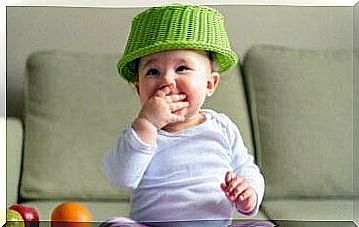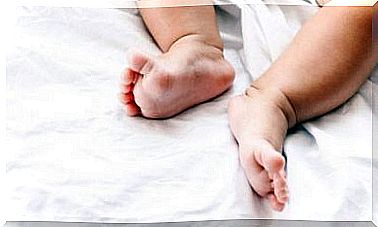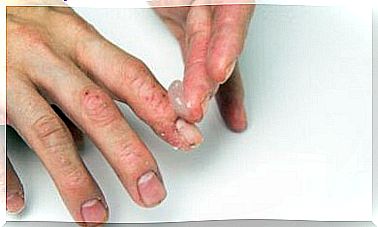The Impact Of Complexes During Childhood: How To Fight Them? – Being Parents
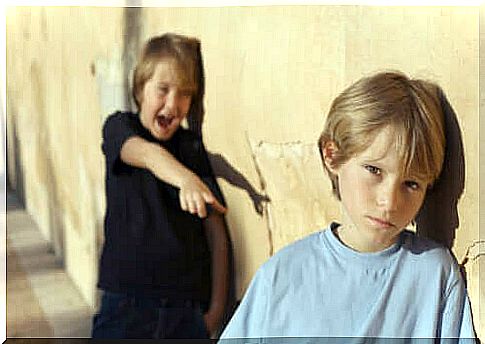
To develop emotionally, a child needs to feel respected and loved. Not only by his parents, but also by his relatives and friends. If he cannot perceive this condition, he will be more prone to complexes during childhood.
In psychology, the term “complex” refers to a person’s beliefs and feelings. Usually unconscious, complexes influence patterns of behavior. In most cases, they develop as a result of experiences during childhood.
The way of thinking, acting and behaving in life is determined in the early years. Therefore, by interacting with other people, the child begins to face new challenges, such as taking on the responsibilities of school and meeting children with different personalities.
This also unfortunately includes receiving criticism or teasing. Which leads to a lot of pressure. These situations actually contribute to the development of complexes during childhood that sometimes have to be managed throughout life.
The most frequent complexes during childhood
A very important task is to identify any complexes in your child. They can indeed present themselves from an early age. If the child does not manage to overcome them in time, they may mark his personality.
Superiority complex
It can be observed when the child thinks that he is better than others, including his parents and other adults. His behavior is despotic, he considers that he has power and authority over the people around him. In addition, he is selfish, he wants to have everything for himself without worrying about others.
A child who presents this complex conveys a feeling of security, but this is totally false. On the contrary, the superiority complex is based on insecurity. But the child tries to hide his uncertainties by showing himself to be self-sufficient.
Inferiority complex
It is linked with the previous one. Feeling insecure, the child comes to think that others are superior and that he is little or not loved. He believes he is unimportant and worthy of respect.

This complex usually develops when parents, teachers and other adults make comparisons. While the intention is not bad, the comparisons make the child feel like he is being disparaged. A negative opinion of himself is then created in him.
Physical complexes during childhood
Their origin is based on the inconsistency with a physical characteristic or disability. When he notices that he is different, the child begins to feel uncomfortable. For example, his ears are too big, he has vision problems, misaligned teeth, etc.
The complex is accentuated when other children make fun of him. This can generate deep discomfort in the child. It is one of the most common childhood complexes.
Complex to feel underestimated
It often occurs in children who have a lot of siblings, usually older. As he feels underestimated, the child feels the desire to prove that he is someone.
It has indeed been observed that younger siblings are more successful in life than older ones. One explanation may be that, not receiving attention in childhood, their main goal is to gain, with great effort, the approval of their parents and siblings.
“By interacting with other people, the child begins to face new challenges, such as taking on the responsibilities of school and meeting children with different personalities”.
Narcissistic complex
It usually develops in single children who are “too” cared for by their parents and placed on top of everything. The child then considers that he should be idolized and that whatever he asks should be attributed to him. Besides, he thinks the world revolves around him.
With this complex, it is not possible for the child to overcome egocentricity, a common behavior in babies. As a result, as he grows up, narcissistic characteristics cling to his personality.
How to avoid complexes during childhood?
Childhood is said to be the happiest time in life, filled with happiness and devoid of concerns. However, the complexes of childhood are at the origin of various problems.
From an early age, it is therefore important to educate children. It is necessary to teach them to create their personal opinion and to understand that they should not be affected by everything that is said to them. It is also essential to teach them to be sure of themselves.
In this way, it is possible to avoid complexes during childhood. The child will thus be able to accept his faults, and to overcome the rejection from others.
Some ways to fight childhood complexes
So that the complexes do not impact the personality, it is essential to promote the self-esteem of children. Here are some ways to do it.
Create a close bond with the child
To gain good self-esteem, you need to reassure, encourage and stimulate your little one. He will then feel emotionally supported and this will allow him to face all challenges.
Comfort and strengthen their skills
If complexes arise, it is necessary to be present, to understand the pain of the child and to comfort him. You might have felt the same in your childhood, so empathize. As parents, you are in the best position to offer good advice to your children.
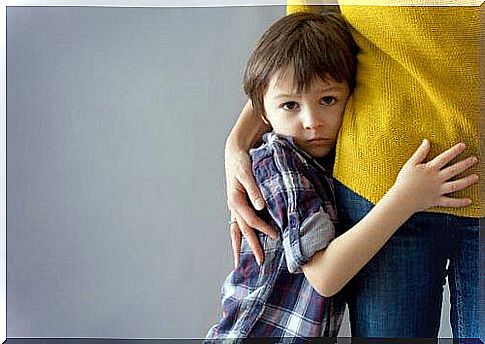
To prevent complexes in childhood, educate by setting a good example
Avoid being critical, demanding or irritating with your child. Sentences of the type: “You are useless”, “You are a disaster”, or “You do not do things well”, will only generate complexes in the child.
On the contrary, it is better to motivate him with rewards, not of a material nature, but rather emotional. For example, if he’s behaving well, play his favorite game.
Finally, it is necessary to be very attentive to the behavior of your child. Also, being attentive to his words can help you know what he thinks about him. You will be able to help him to overcome the complexes of childhood.


